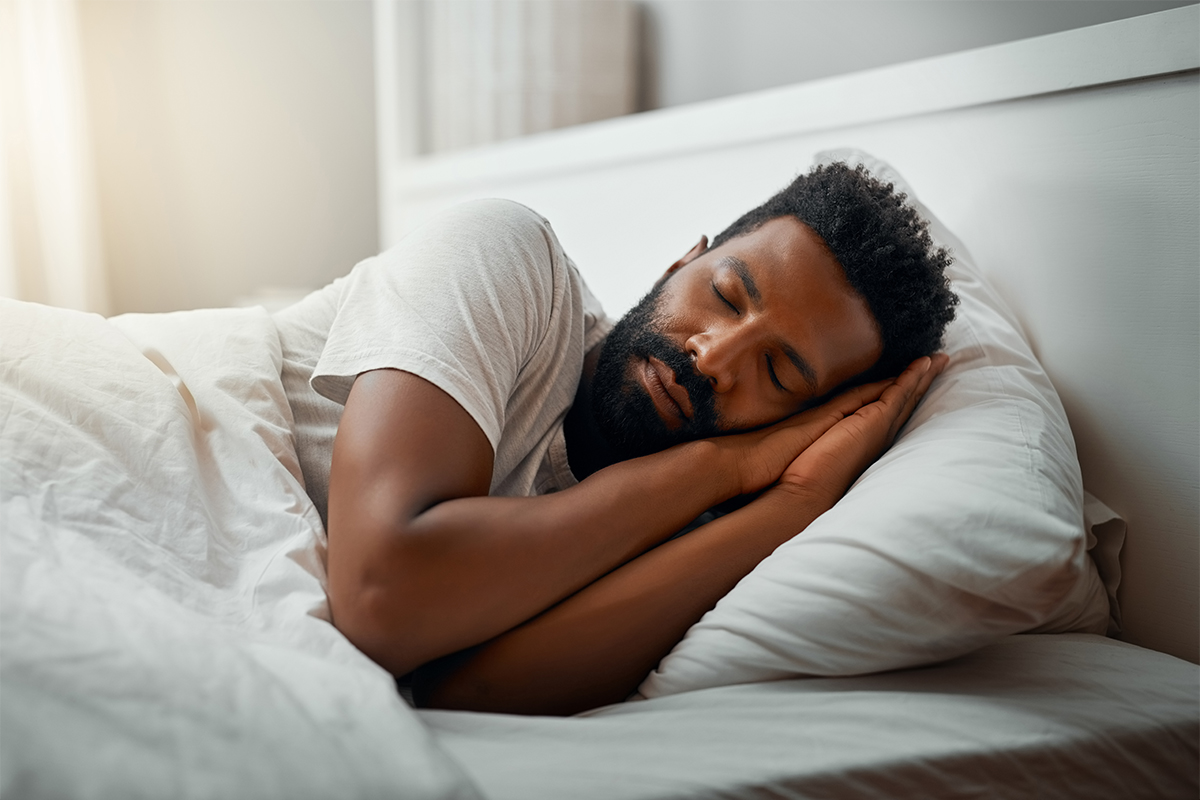Introduction
In recent years, CBD (cannabidiol) has gained popularity as a potential natural remedy for various health conditions, including sleep disorders. If you struggle with sleep issues, this comprehensive guide will provide you with valuable information about CBD for sleep. We will explore the reasons why CBD is believed to support better sleep, discuss different forms of CBD products, and provide guidelines on how to use CBD effectively to improve sleep quality. By the end of this guide, you will have a thorough understanding of CBD’s potential benefits for sleep and how to incorporate it into your bedtime routine.
Understanding CBD and its Potential Effects on Sleep
- CBD: CBD is a non-intoxicating compound found in cannabis plants, including hemp. It interacts with the body’s endocannabinoid system, which plays a role in regulating various physiological processes. CBD is believed to have potential therapeutic effects, including promoting relaxation, reducing anxiety, and improving sleep quality
- Effects on sleep: CBD may impact sleep through its interactions with the endocannabinoid system and other receptors in the body. It is thought to have both calming and balancing effects, which can help regulate sleep-wake cycles, reduce anxiety-related sleep disturbances, and promote a sense of calmness before bed
Different Forms of CBD Products for Sleep
- CBD Oil: CBD oil is one of the most common forms of CBD products. It is typically taken orally by placing a few drops under the tongue, allowing for faster absorption into the bloodstream. CBD oil can be a convenient option for those looking for customizable dosing.
- CBD Capsules: CBD capsules offer a pre-measured dose of CBD in a convenient and easy-to-swallow form. They provide a consistent dosage and can be a suitable option for those who prefer a tasteless and hassle-free method of consuming CBD.
- CBD Gummies: CBD-infused gummies are a popular option for those who prefer a more enjoyable and discreet way of taking CBD. These gummies often come in various flavors and dosages, making them a convenient and tasty choice.
- CBD Topicals: CBD topicals, such as creams, lotions, and balms, are applied directly to the skin. While they may not have a direct impact on sleep, they can help alleviate muscle tension, promote relaxation, and provide localized relief, which may indirectly improve sleep quality.
How to Use CBD for Sleep
- Start with a low dosage: It is advisable to start with a low dosage of CBD and gradually increase if needed. This allows you to assess your body’s response and find the optimal dosage for your individual needs. It’s important to note that the ideal dosage can vary depending on factors such as body weight, metabolism, and the severity of sleep issues
- Choose a high-quality CBD product: When selecting a CBD product, opt for high-quality brands that provide third-party lab testing to ensure product potency and purity. Look for products derived from organic hemp and free from harmful additives
- Timing of CBD consumption: The timing of CBD consumption can play a role in its effects on sleep. Some people find that taking CBD about an hour before bedtime allows enough time for it to take effect and promote relaxation before sleep
- Consistency is key: Consistency in CBD use is important to experience its potential benefits for sleep. Incorporate CBD into your nightly routine and give your body time to adjust and respond to its effects.
Important Considerations and Precautions
- Consult with a healthcare professional: If you have underlying health conditions or are taking medications, consult with a healthcare professional before using CBD for sleep. They can provide guidance tailored to your specific situation and help ensure it won’t interact negatively with any medications you may be taking. Potential side effects: While CBD is generally well-tolerated, some individuals may experience mild side effects such as drowsiness, dry mouth, or changes in appetite. If you experience any adverse effects, discontinue use and consult a healthcare professional. before using CBD for sleep. They can provide guidance tailored to your specific situation and help ensure it won’t interact negatively with any medications you may be taking.
- Potential side effects: While CBD is generally well-tolerated, some individuals may experience mild side effects such as drowsiness, dry mouth, or changes in appetite. If you experience any adverse effects, discontinue use and consult a healthcare professional.
- CBD and THC: CBD products derived from hemp contain less than 0.3% THC (tetrahydrocannabinol), the psychoactive compound found in cannabis. However, some CBD products may contain higher levels of THC, so it’s important to check the THC content before purchasing.
- Quality and regulation: The CBD industry is not yet fully regulated, so it’s crucial to do thorough research and choose reputable brands that adhere to strict quality standards and provide transparent information about their products.
Conclusion
CBD has shown promise as a natural option for improving sleep quality and addressing sleep issues. By understanding CBD’s potential effects on sleep, exploring different forms of CBD products, and following proper usage guidelines, you can incorporate CBD into your bedtime routine to promote relaxation and achieve better sleep. However, it is essential to consult with a healthcare professional, choose high-quality CBD products, and consider individual factors before using CBD for sleep. With the right approach and proper guidance, CBD may become a valuable addition to your sleep-enhancing toolkit.
- Benefits of Ginkgo Biloba Supplements - March 30, 2024
- Benefits of Ginger Root Supplements - March 30, 2024
- Benefits of Iodine Supplements - March 22, 2024


